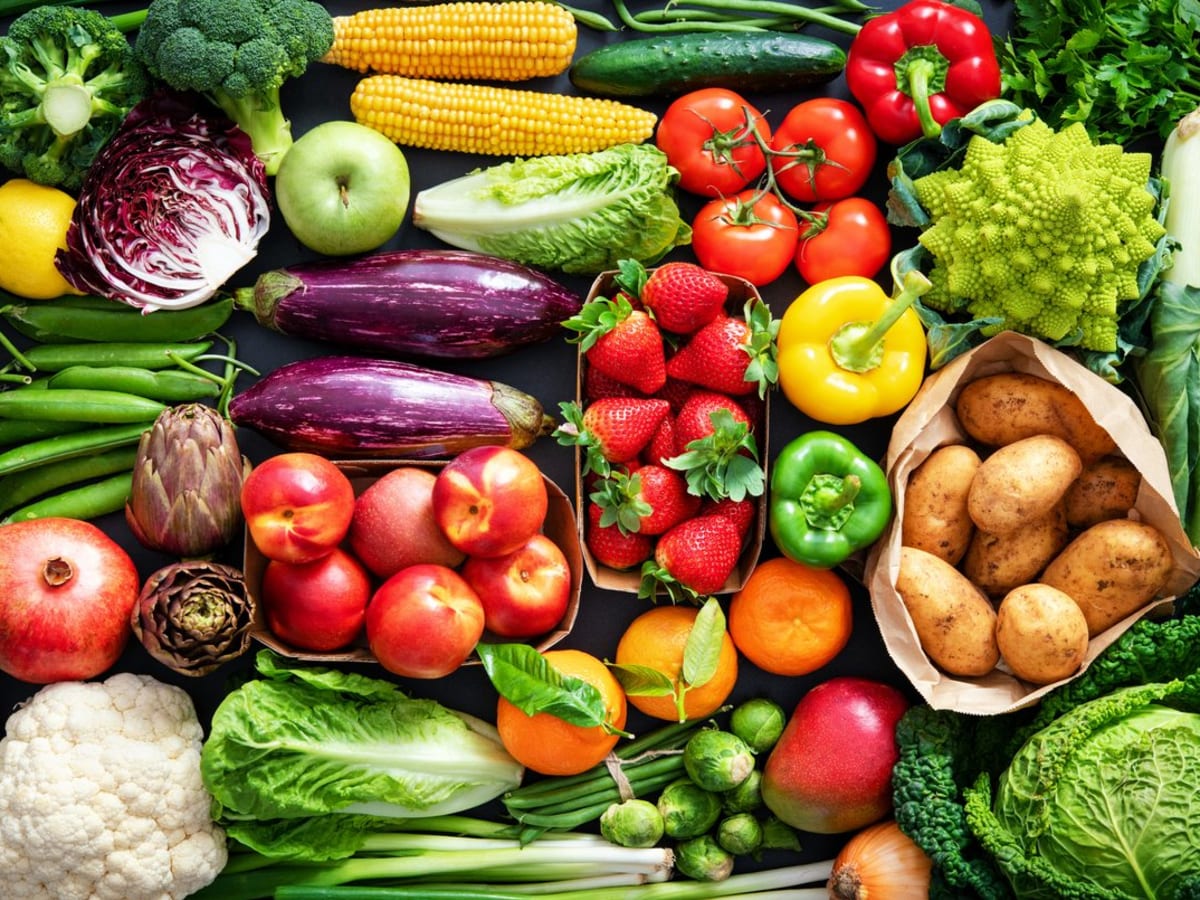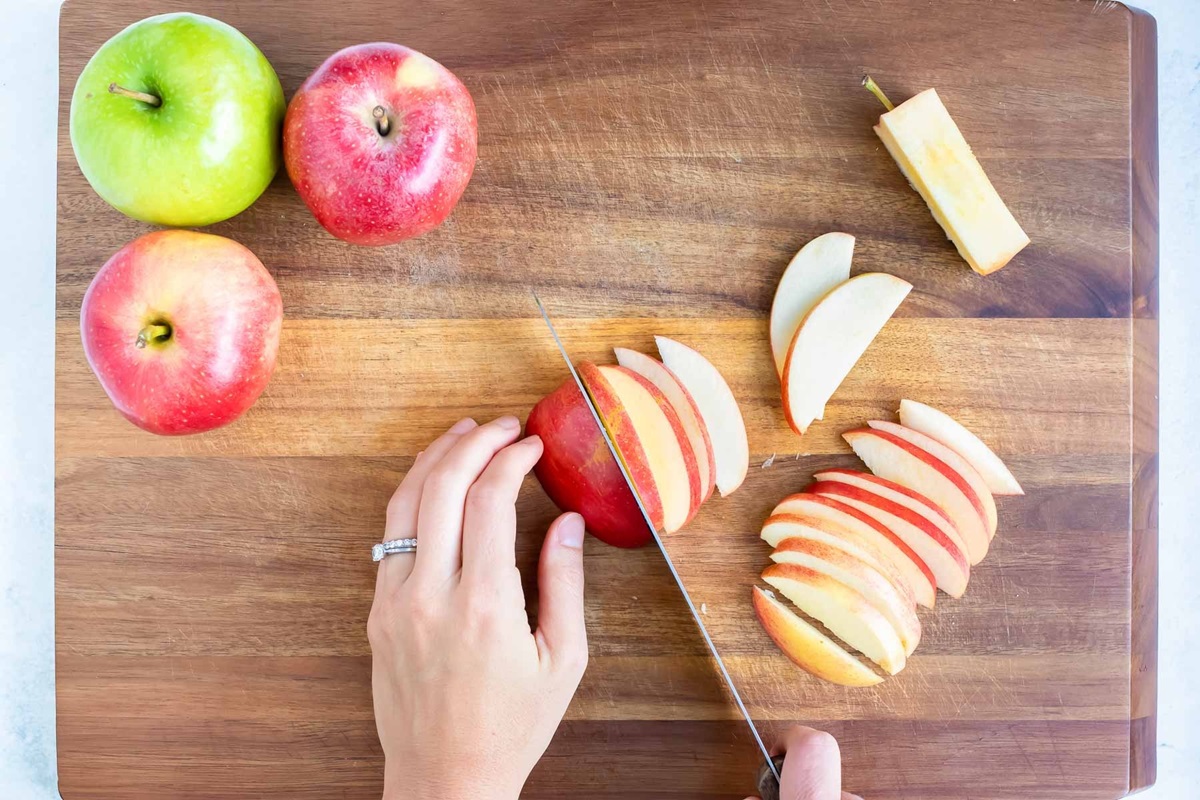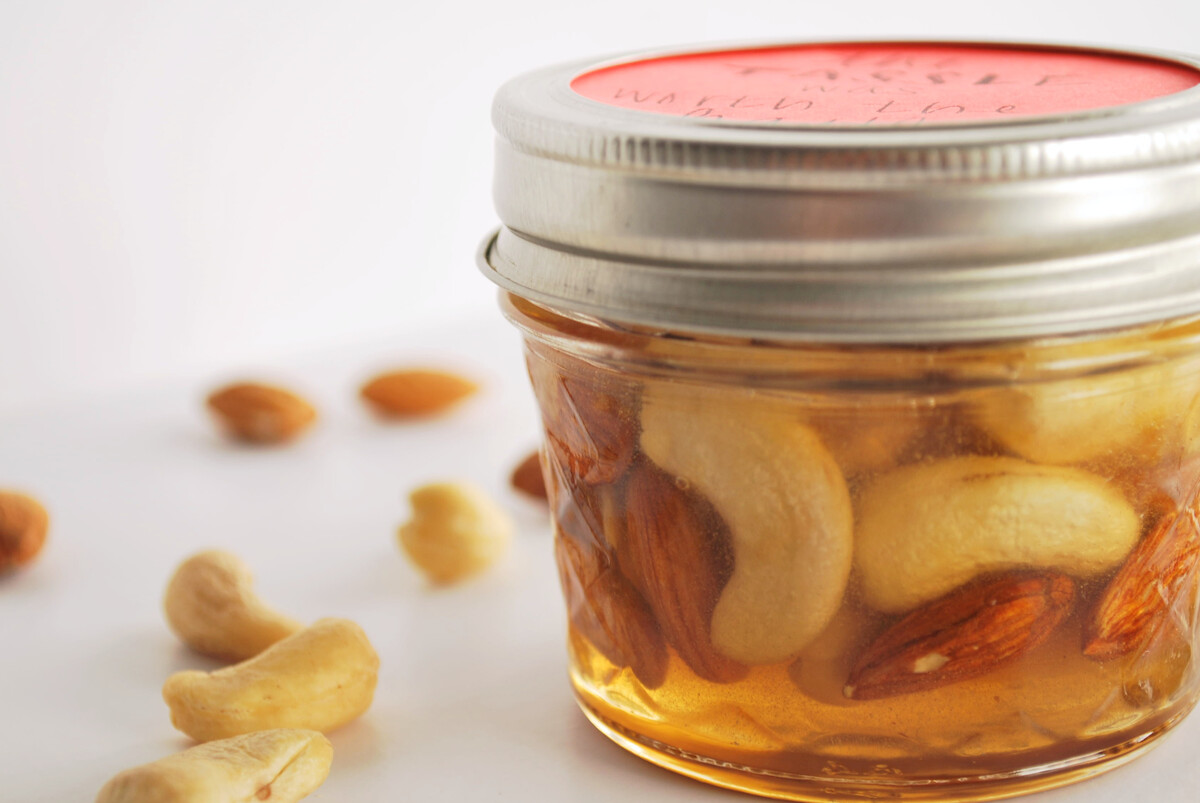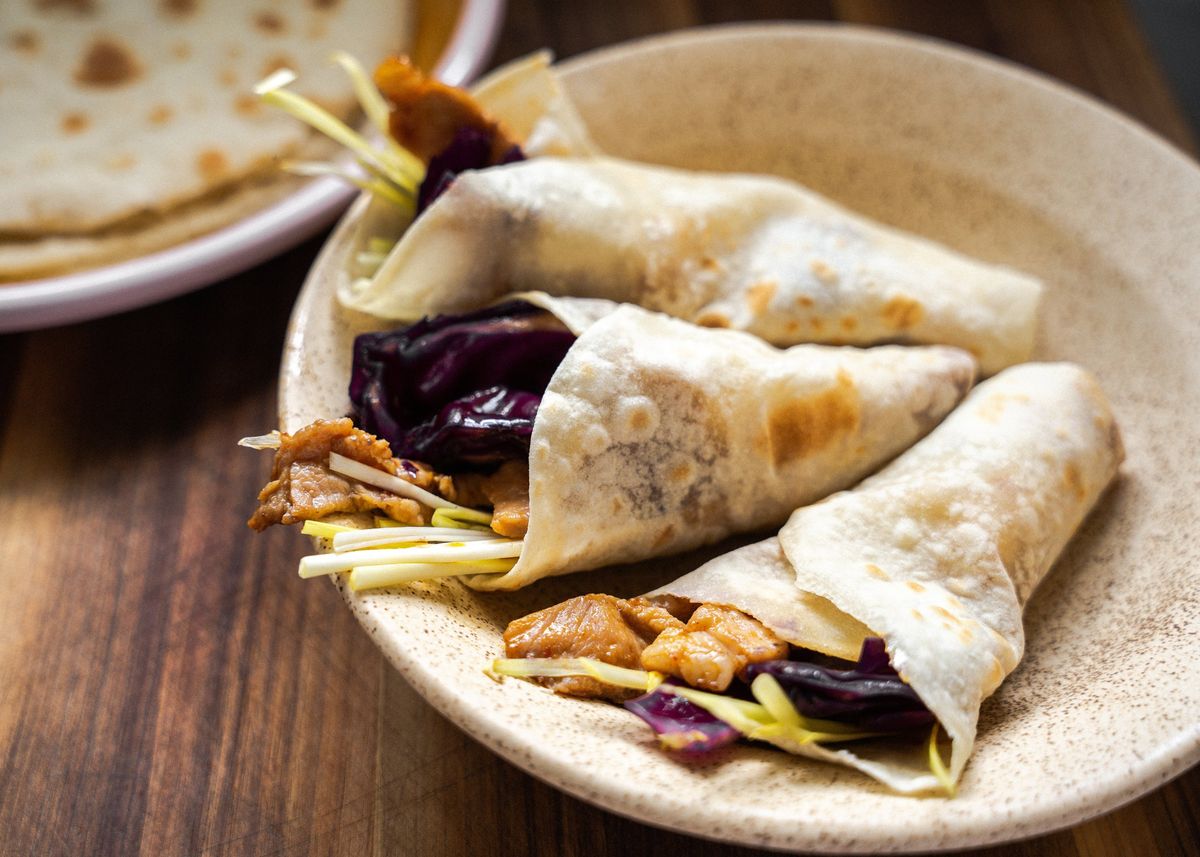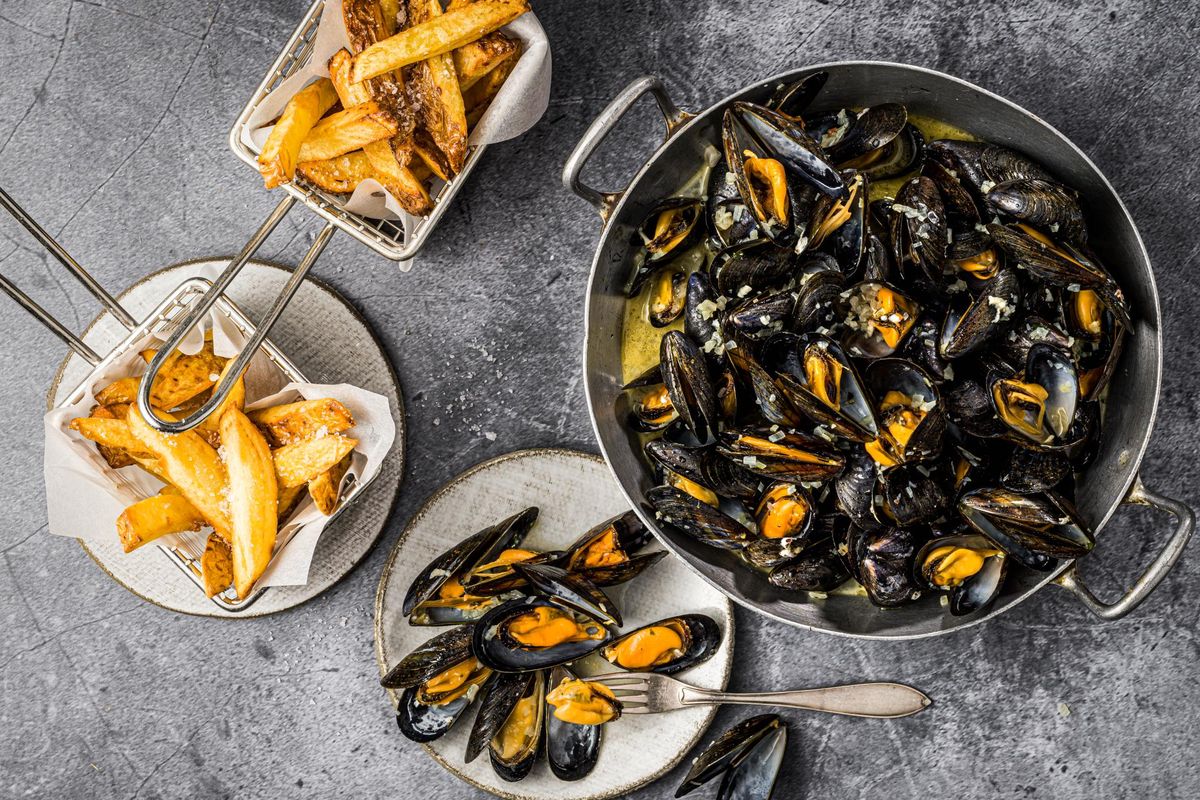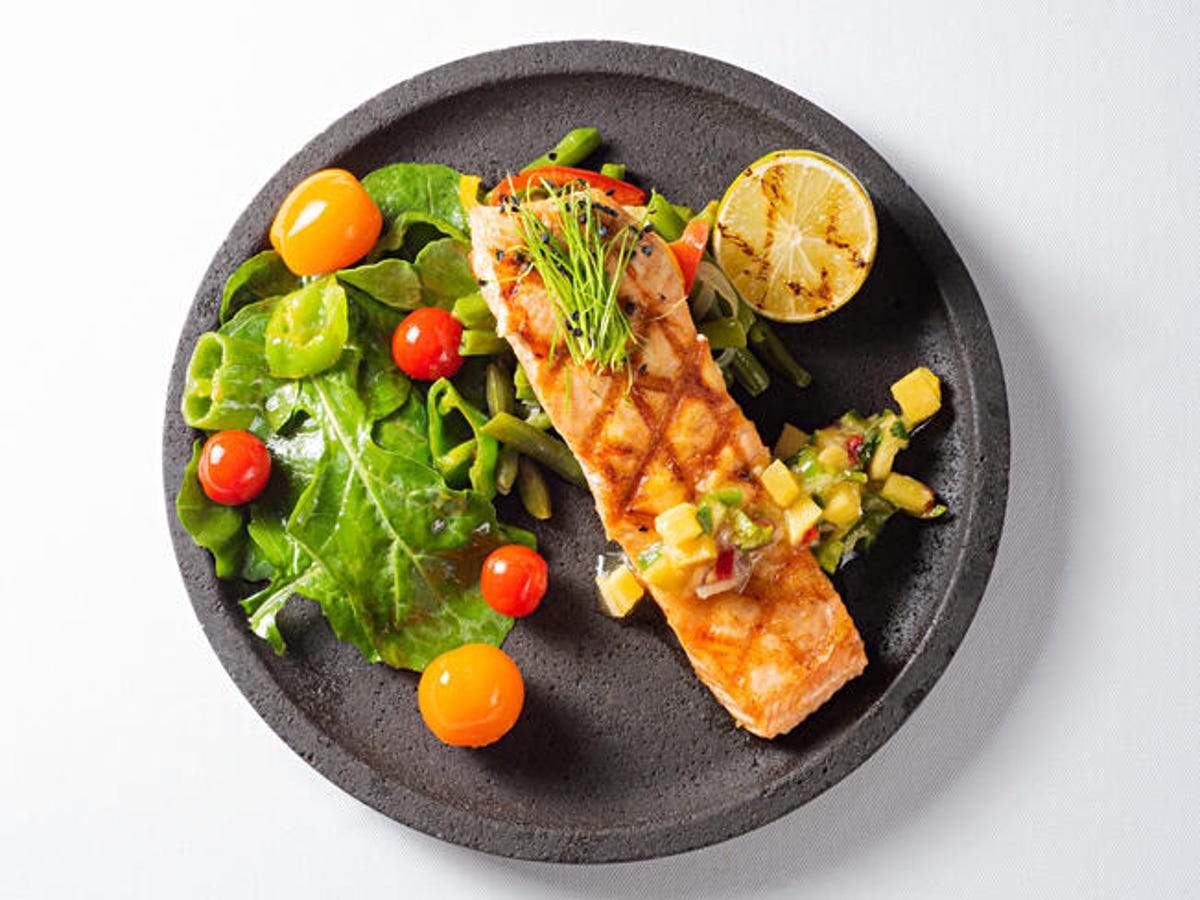How to Eat Well on a Tight Budget
Living on a tight budget doesn’t mean you have to sacrifice the quality of your meals. With some careful planning and smart shopping, it’s possible to eat well on a limited budget. Here are some tips on how to make the most of your $150 monthly food budget:
Plan Your Meals
One of the most important steps in eating on a budget is to plan your meals in advance. Sit down and create a weekly meal plan, taking into account what ingredients you already have and what items are on sale at the grocery store. This will help you avoid impulse purchases and ensure that you use up all the food you buy.
Buy in Bulk
Buying in bulk can save you a significant amount of money in the long run. Look for items like rice, beans, pasta, and oats that can be purchased in larger quantities for a lower price per unit. Just be sure to store these items properly to prevent spoilage.
Shop Smart
When shopping for groceries, be sure to compare prices and look for sales and discounts. Consider buying store brands instead of name brands, as they are often cheaper and of similar quality. Additionally, using coupons and shopping at discount stores can help stretch your budget even further.
Cook at Home
Eating out can quickly eat into your budget, so try to cook at home as much as possible. Not only is it more cost-effective, but it also gives you more control over the ingredients you use and the portion sizes. Consider preparing large batches of meals and freezing individual portions for later use.
Embrace Meatless Meals
Meat can be one of the most expensive items on your grocery list. Consider incorporating more meatless meals into your diet, using affordable sources of protein such as beans, lentils, and eggs. Not only will this save you money, but it can also be a healthier choice.
Minimize Food Waste
Food waste can quickly add up and impact your budget. To minimize waste, try to use up leftovers in new meals, freeze items that you won’t be able to use right away, and be mindful of expiration dates. Additionally, consider composting food scraps to reduce your environmental impact.
Grow Your Own
If you have the space and resources, consider growing some of your own fruits, vegetables, and herbs. This can help supplement your food supply and save you money on fresh produce. Even if you only have a small space, you can grow herbs in pots on a windowsill.
Conclusion
Eating on a $150 monthly food budget requires careful planning, smart shopping, and a bit of creativity. By following these tips and being mindful of your spending, you can enjoy delicious and nutritious meals without breaking the bank.
Remember, it’s not just about saving money, but also about making the most of the resources you have and enjoying the process of creating meals that nourish both your body and your budget.
